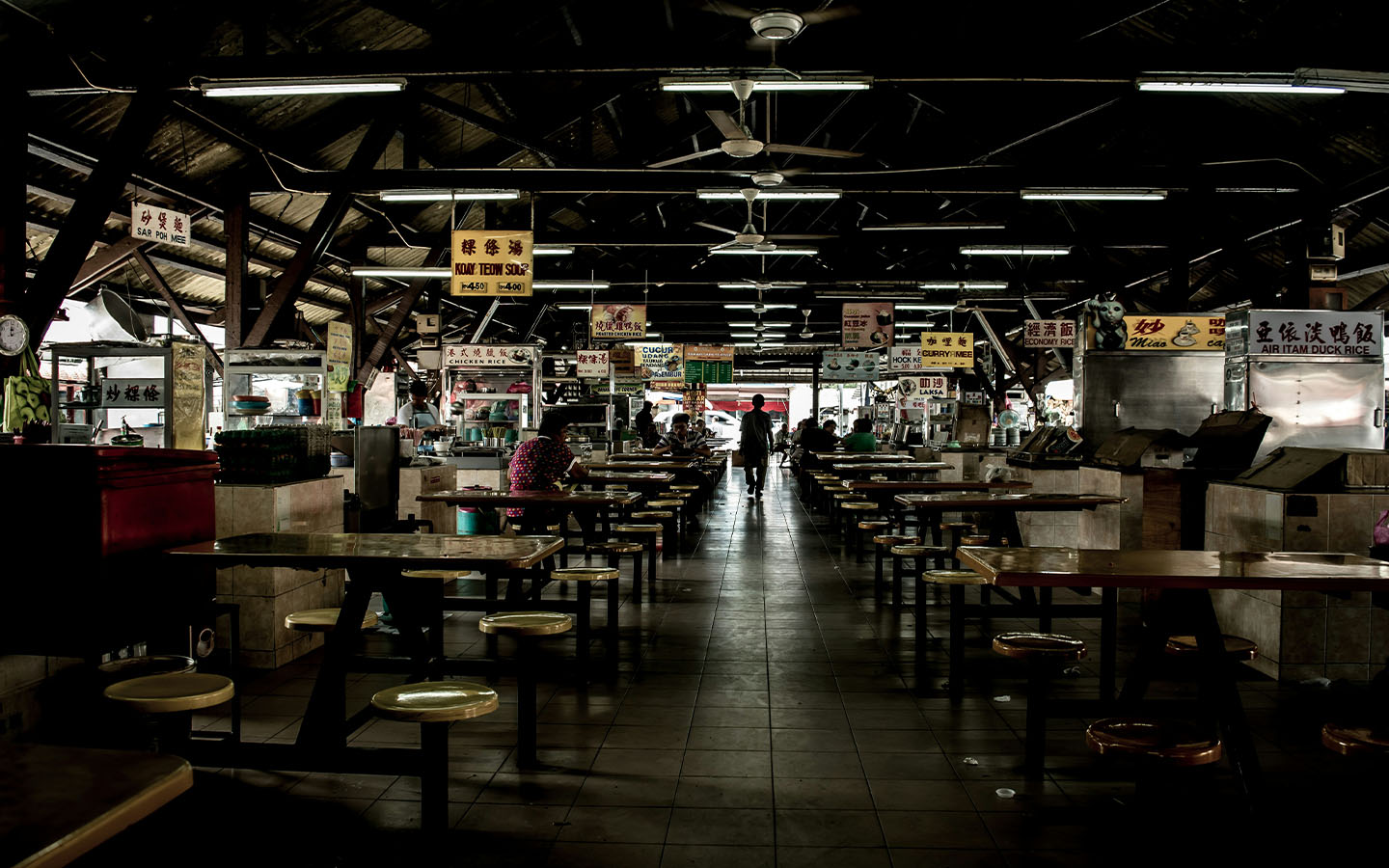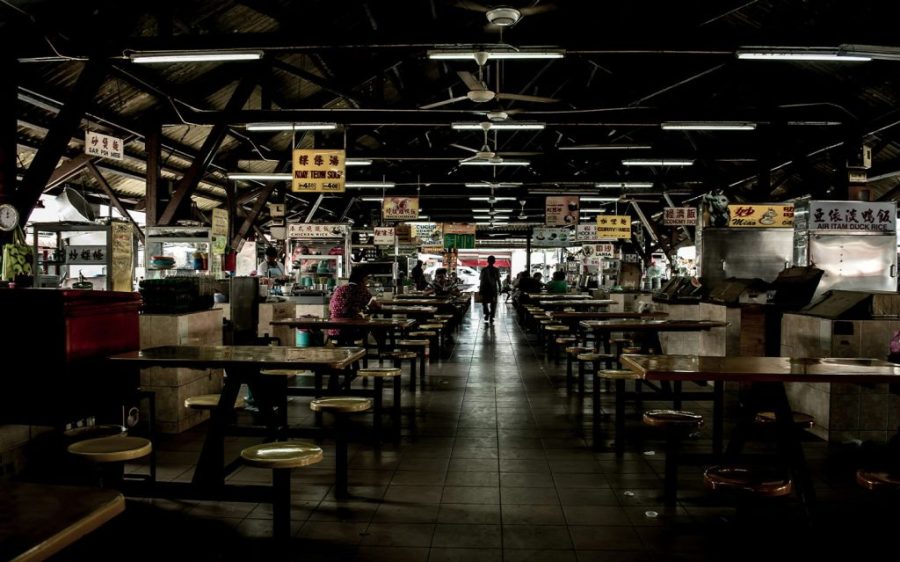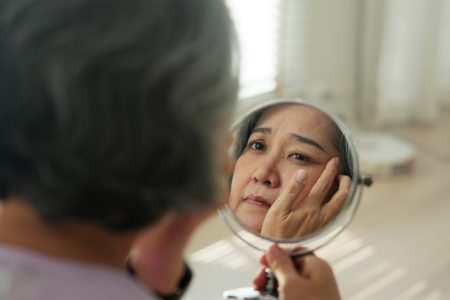Under a new rule nearing approval, private coffee shops and hawker centres in the northern Malaysian state of Penang will face revocation of their licences if they allow foreigners to cook 13 local dishes.
A city council member in the tourism hotspot, Tan Soo Siang, told local media that the new proposal came in response to numerous complaints aimed at preserving the authentic taste of local cuisine. Penang is known for having some of the finest street food in Asia, and the mooted ban covers its most popular dishes: nasi lemak, assam laksa, pasembor (Indian rojak), mee sotong (squid), char kway teow, kway teow soup, prawn mee, curry mee, wonton mee, loh bak (five-spice meat rolls), chee cheong fun, char kway kak (fried rice cake) and oyster omelette.
The prohibition is an expansion on an existing ban covering government-owned food centres, implemented in 2016 and also touted as a measure to preserve the authenticity of local flavours and safeguard Penang’s unique food heritage. “Most visitors would not want to come to Penang to taste food cooked by foreigners. Only when you maintain the original taste of flavours can you feel the warmth of Penang,” Chief Minister Lim Guan Eng told media at the time.
[See more: Air Macau now flies direct to Malaysia’s capital]
Councillor Tan said lawmakers were “in the final stages” of drafting the paper laying out the expanded ban. “Once the paper is passed in our full council, we will certainly give a grace period for them to do the necessary adjustments.” When the rule goes into effect, likely next year, those businesses not in compliance will first be issued notices. “If they still fail to comply, then they will have their licences revoked,“ she explained.
While some in the business community welcome the expansion, others see problems with the policy. “It’s counterproductive if we are the only state enforcing such a rule while others do not. The government needs to allow us more time to recruit local workers,” one café owner said.
Responses online focus more on whether the law is inherently discriminatory. Some agree with the government line that it simply seeks to safeguard the heritage of local cuisine, ensuring that skills and practices are passed down. Others debate whether only a local can truly understand the nuances of a cuisine or if passion and skill transcend ethnicity, allowing skilled practitioners to emerge from any background.






